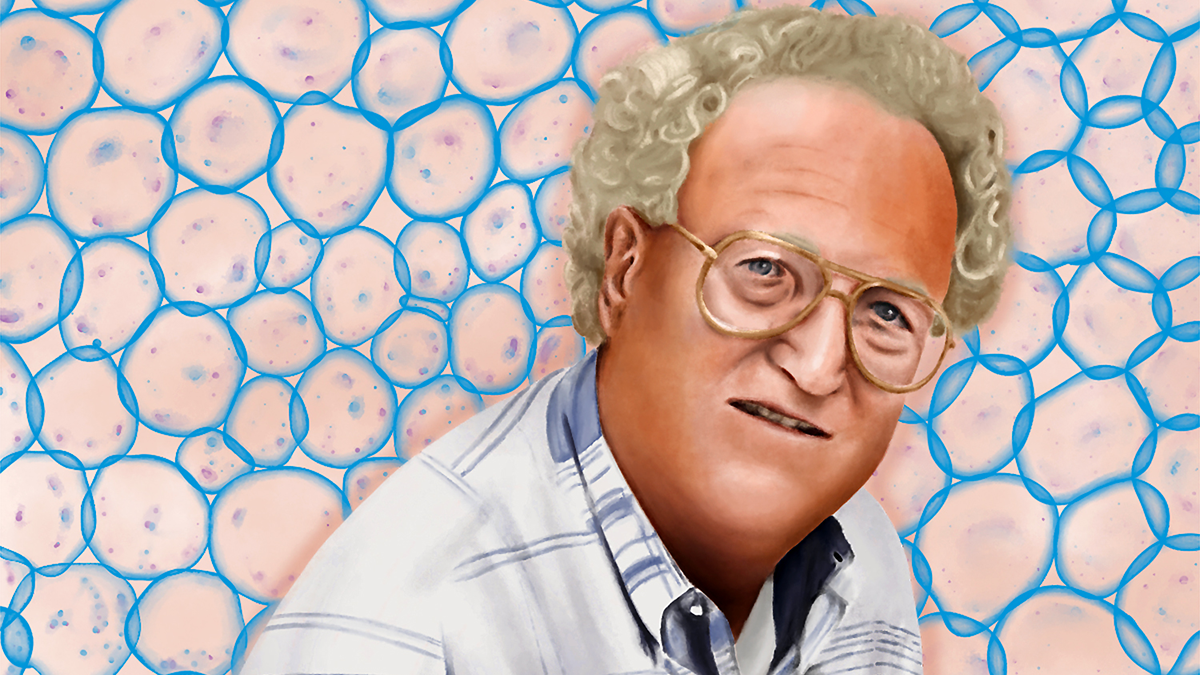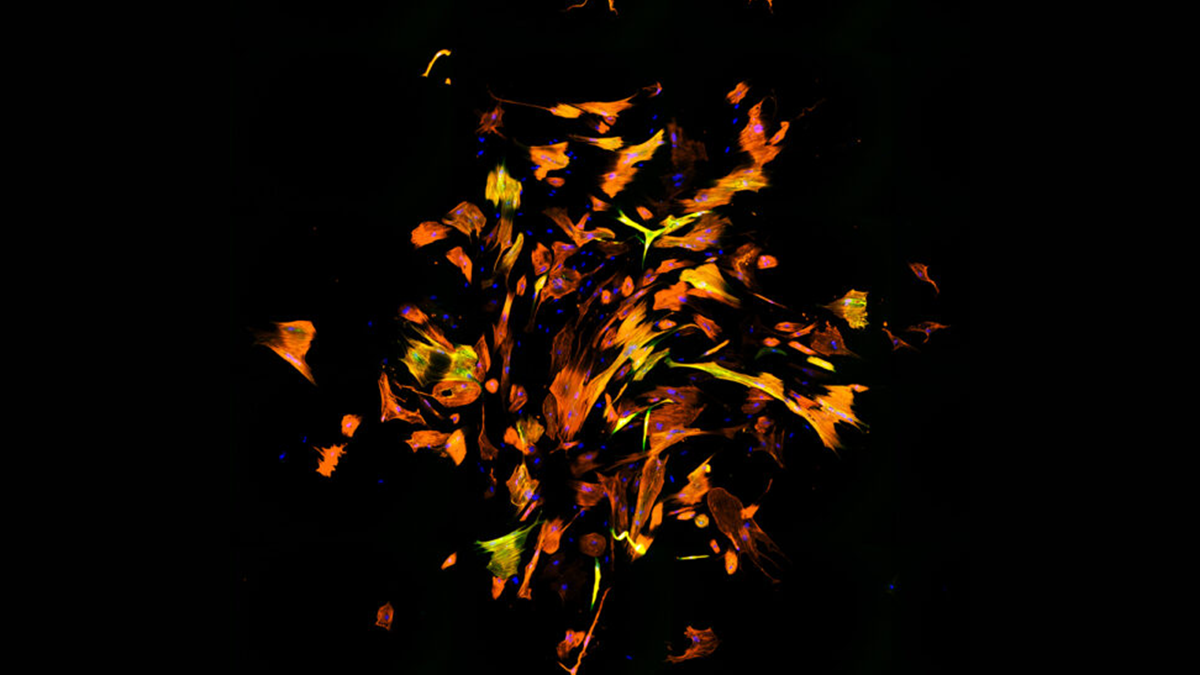Killing Cancerous Brain Cells
Published on October 11, 2022A common molecule with uncommon properties may unlock new brain cancer treatments

A common molecule with uncommon properties may unlock new brain cancer treatments
Scientists at the UNC School of Medicine have made the surprising discovery that a molecule called EdU, which is commonly used in laboratory experiments to label DNA, is in fact recognized by human cells as DNA damage, triggering a runaway process of DNA repair that is eventually fatal to affected cells, including cancer cells.
The discovery points to the possibility of using EdU as the basis for a cancer treatment, given its toxicity and its selectivity for cells that divide fast.
“The unexpected properties of EdU suggest it would be worthwhile to conduct further studies of its potential, particularly against brain cancers,” said study senior author Aziz Sancar, MD, PhD, the Sarah Graham Kenan Professor of Biochemistry and Biophysics at the UNC School of Medicine and member of the UNC Lineberger Comprehensive Cancer Center. “We want to stress that this is a basic but important scientific discovery. The scientific community has much work ahead to figure out if EdU could actually become a weapon against cancer.”
Sancar and his team hope to pursue follow-up collaborations with other researchers to investigate EdU’s properties as an anticancer agent.
“Prior studies have already found evidence that EdU kills cancer cells, including brain cancer cells, but strangely, no one has ever followed up on those results,” Sancar said.






